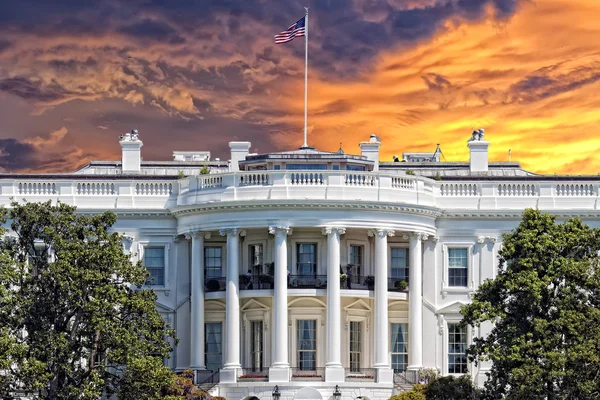Donald Trump’s administration is expected to push for major changes in workplace policies and labor laws after his historic second-term victory in the 2024 election on November 5.
While no plans have been explicitly declared, these reforms will most likely mirror the agenda seen during his first term from 2017 to 2021, largely focusing on loose regulations to protect small businesses, increased tariffs, and strict global trade policies.
Policy Changes in Trump’s First Term
Trump’s first administration prioritized employers’ interests and implemented the following labor policies that, as a result, reduced labor rights and made the workplace less secure:
- Revised overtime rules that reduced the number of workers eligible for overtime pay, leading to costs over $1 billion in lost wages
- Narrowed definition of “employer”, resulting in limited protections for workers, especially subcontractors
- Understaffed key labor regulation agencies, leading to poor policy enforcement with limited tools to encourage employer compliance
- Restricted public notices for legal violations, despite evidence suggesting that these notices help with compliance
- Reduced the number of OSHA inspectors to an all-time low in US history
- Weakened penalties for companies that fail to report OSHA violations
Trump threatened to veto any proposal to increase the national minimum wage from $7.25 to $15 per hour, proposed cuts to Medicare with his FY2021 budget and backed an ongoing lawsuit that aims to strip employees of protection for existing health conditions from health insurance discrimination.
Changes Expected in Trump’s Second Term
Now, with Trump assuming the Oval Office on January 20, 2025, here are some policies expected to drastically change in his second administration:
- Weakened Worker Protections
Given that Trump praised Elon Musk, CEO Tesla, for his “willingness to fire striking workers”, it is highly likely that Trump’s second term will bring in new policies favoring employers over employees (again).
This will usher out all Biden-era regulations that significantly boosted labor union rights. Many private university students could be denied union membership.
Low-wage workers, like deliverymen, janitors, and gig workers, may also not qualify as regular employees to negotiate wage and overtime pay with large companies with collective bargaining agreements.
- Overtime Pay Eligibility Reforms
Trump is also expected to reverse the eligibility rules for overtime pay for salaried employees.
As of July 1, 2024, Biden’s policies allowed all salaried employees earning less than $43,888 to earn overtime pay if they work more than 40 hours in a week. This threshold was set to increase to $58,656 on January 1, 2025.
The new administration might change overtime standards completely or revert to Trump’s 2019 annual threshold of $35,568.
- Lax Workplace Safety Regulations
Biden’s administration fined heavy penalties ranging up to $16,131 for first-time offenders of workplace safety and health laws, which probably set a good precedent for employers to comply with federal and state safety regulations.
He also pushed for employers to provide employees with adequate facilities for drinking water and cooling to protect them from heat exposure during hot summers.
But, it’s expected that Trump could relax workplace and safety regulations for employers, especially child labor, with some protective policies potentially facing delayed implementation.
Penalties for first-time offenses may also be reduced as part of Trump’s agenda to alleviate financial stress for small employers.
- Allowing Minors to Work Hazardous Jobs with Parental Consent
Teenagers in the US are not allowed to work in potentially hazardous jobs by law.
But, there is a high chance that under Trump’s rule, they may be allowed to work in jobs that were previously considered illegal, with ‘adequate training and parental permission’.
In addition to these speculations, there are chances that non-compete agreements in employment contracts and taxes on employee tips and overtime pay might be eliminated as well, which seem to be the only pro-worker policies so far.
To conclude, Trump’s administration very likely going to roll back labor laws that favored worker protections to safeguard the growth and interests of businesses.
Strict regulations imposed on businesses by the Biden administration may have been beneficial for employees but can put pressure on employers’ resources.
However, the lack of employee protection in the workplace with minimal safety regulations, stagnant wage rates, and disenfranchised labor unions could potentially leave many American workers vulnerable to exploitation.
Related News:
Bank of America raises minimum wage to $24 per hour in U.S. locations
Is tip exemption from income taxes a possibility in the US?
91% of California service sector workers saw labor violations in 2023
U.S. DOL Recovers $152K in overtime wages for Bronx medical employees
New York becomes first state to offer paid prenatal personal leave



